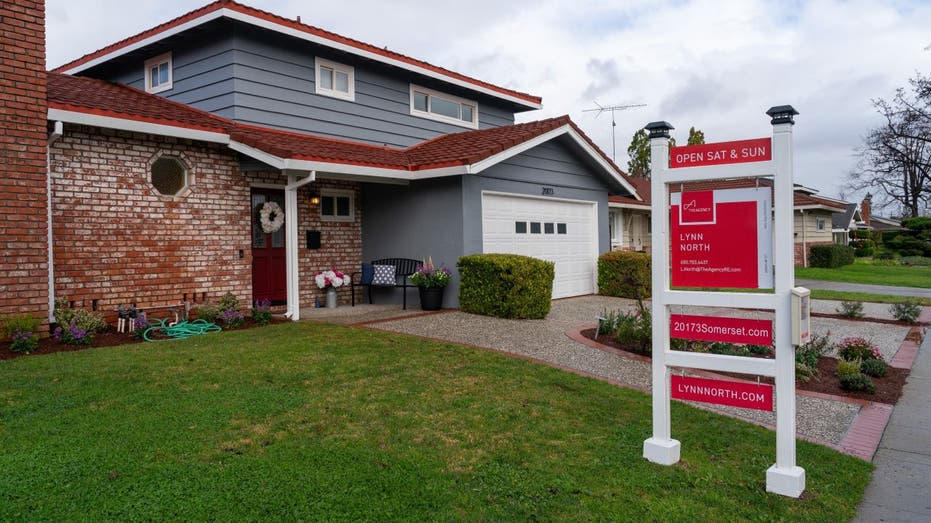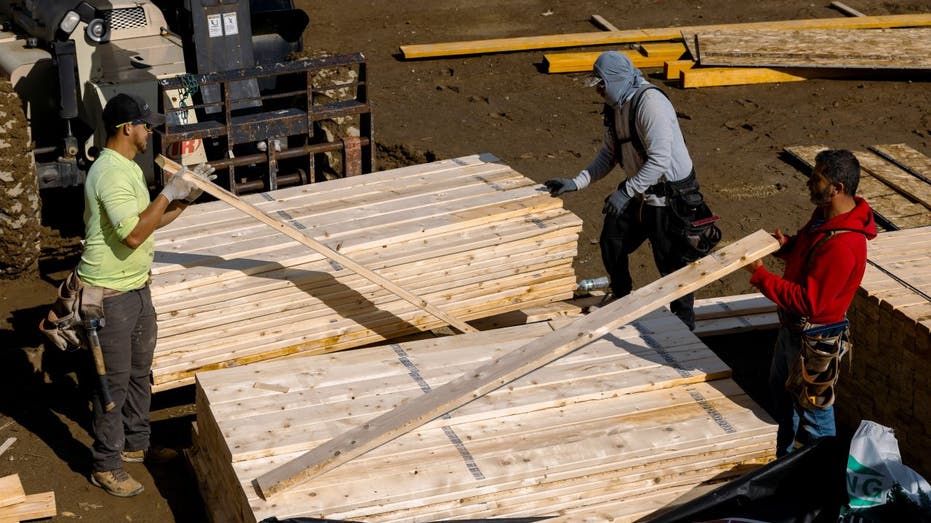Treasury Secretary Scott Bessent on Monday said that the Trump administration is mulling the declaration of a national housing emergency in an effort to address high housing prices and limited inventory.
“We may declare a national housing emergency in the fall,” Bessent told the Washington Examiner in a Labor Day interview.
Bessent reiterated that interest rate cuts by the Federal Reserve would be helpful for bringing housing prices lower, but also acknowledged in the interview that the Trump administration could take other steps aimed at expanding the supply of housing as well as alleviating certain costs.
“We’re trying to figure out what we can do, and we don’t want to step into the business of states, counties and municipal governments,” Bessent said. “I think everything is on the table.”
WALL STREET BANKS RACE TO WIN TRUMP ADMIN’S FAVOR FOR MASSIVE FANNIE MAE, FREDDIE MAC IPO DEAL
Bessent opted against listing the executive actions that President Donald Trump could take if the White House declares a national housing emergency, but told the Examiner that officials are evaluating ways to standardize local building and zoning codes as well as decrease closing costs.

The treasury secretary also told the outlet that the Trump administration may consider some tariff exemptions for certain construction materials to reduce costs.
Lumber costs have been particularly volatile this year amid the Trump administration’s implementation of tariff policies, particularly given U.S. imports of Canadian lumber.
FIGHT OVER LUMBER TARIFFS COULD RESHAPE FUTURE OF US HOME BUILDING

The National Association of Home Builders (NAHB) reported that as of the week ending Aug. 22, the composite price of framing lumber was up 5.8% year-over-year, while lumber futures were 19.1% higher than a year ago despite recent declines.
The Commerce Department in July announced that it would more than double countervailing duties on Canadian softwood lumber imports from 6.74% to 14.63%. Canadian lumber is also subject to an anti-dumping tariff of 20.6%, which brings the total rate applied to Canadian lumber to 35.2%, up from 14.4%, the NAHB noted.
Other construction materials that are sensitive to tariffs are gypsum, which is used in drywall and is largely imported from Mexico.
Read the full article here












